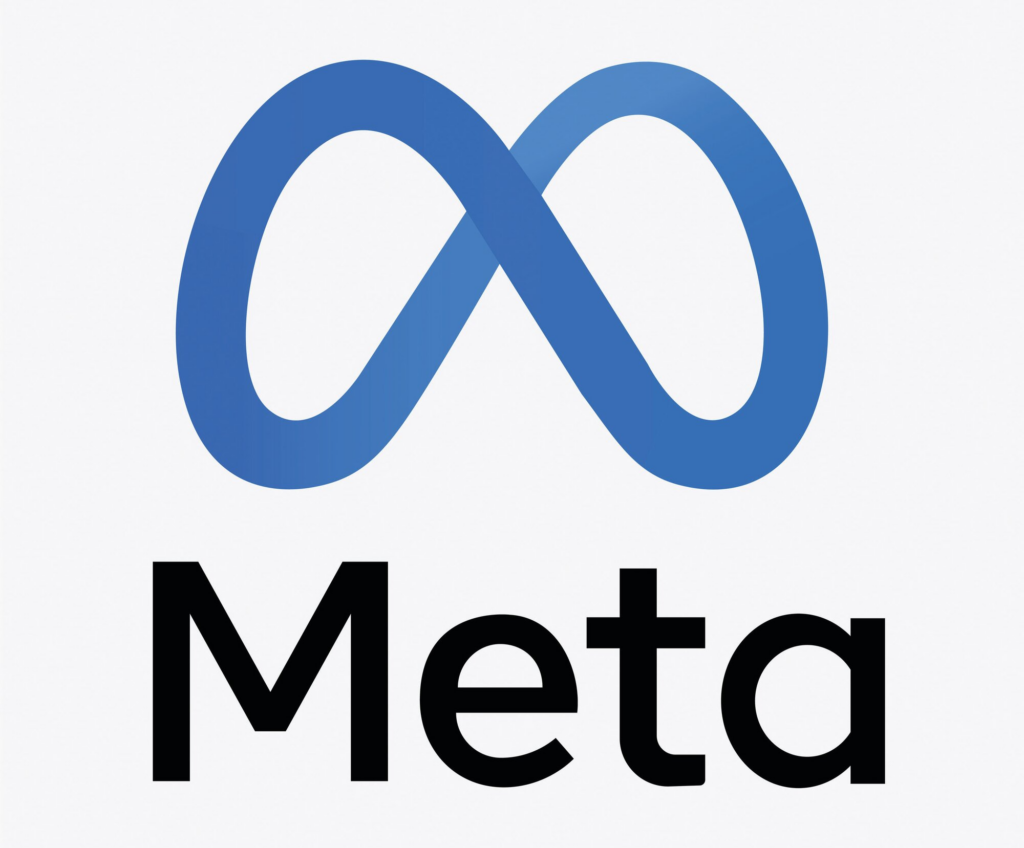Meta, the parent company of Facebook, Instagram, and WhatsApp, decided to ban multiple Russian state media outlets from its platforms. The decision comes amid concerns about these outlets engaging in covert influence operations that use deceptive tactics to sway public opinion online. The move represents a clear stand against foreign interference in digital spaces.
What’s Happening & Why This Matters
Meta announced its decision to ban Russian state media, including well-known outlets such as RT and Rossiya Segodnya. The company accused these media organizations of using deceptive methods to carry out hidden influence campaigns. The ban applies globally across all Meta platforms including Facebook, Instagram, WhatsApp, and Threads.

The action follows Meta’s review of activities by Russian state media that it determined to involve “foreign interference.” A spokesperson from Meta stated, “After careful consideration, we expanded our ongoing enforcement against Russian state media outlets. Rossiya Segodnya, RT, and other related entities are now banned from our apps globally for foreign interference activity.”

Meta’s decision comes amid increasing scrutiny of social media platforms and their role in spreading disinformation and propaganda. This move aligns with broader efforts to curb state-sponsored manipulation of public opinion, especially during times of geopolitical tension.
TF Summary: What’s Next
Meta’s global ban on Russian state media outlets establishes the tech giant’s stance against foreign interference in online spaces. This step may prompt other platforms to reassess their policies on state-run media. Ahead, TF predicts the ban leading to heightened tensions between Russia and global tech companies. It will inflame the debate of digital content regulation and foreign influence.
— Text-to-Speech (TTS) provided by gspeech


